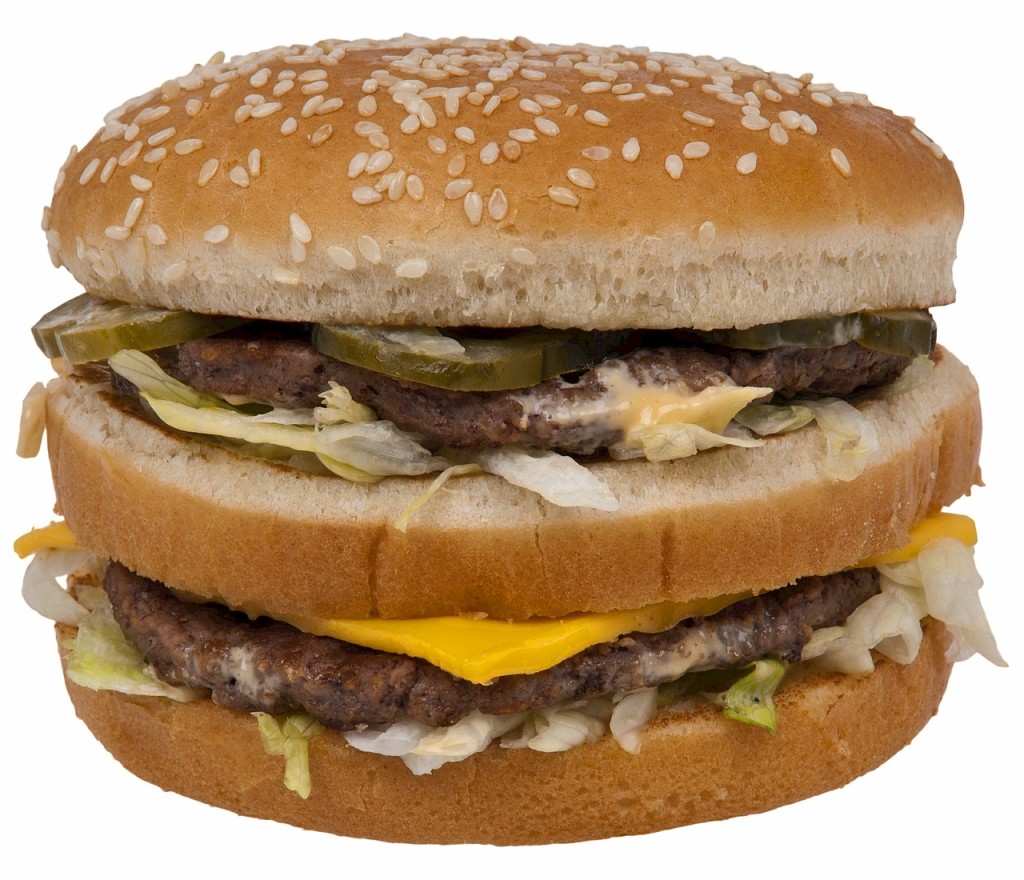- Calls to this hotline are currently being directed to Within Health or Eating Disorder Solutions
- Representatives are standing by 24/7 to help answer your questions
- All calls are confidential and HIPAA compliant
- There is no obligation or cost to call
- Eating Disorder Hope does not receive any commissions or fees dependent upon which provider you select
- Additional treatment providers are located on our directory or samhsa.gov
Eating Fast Food and BED: What is the Connection?

Contributor: Leigh Bell, BA, writer for Eating Disorder Hope
Eating unusually large amounts of food and doing it alone are telltale symptom of binge-eating disorder. What better place to do both than the drive-thru? You can quickly and anonymously eat super-sized portions in the privacy of your car.
Accessibility
Drive-thrus are a weak point for many struggling with binge-eating disorder (BED). BED is defined by recurrent, persistent episodes of binge eating – consuming unusually large amounts of food beyond fullness – without compensatory behaviors, like purging. BED is the most common eating disorder in the United States, where about 3.5% of women and 2% of men have the illness.
Because of this shame and guilt, many people with BED hide their struggle. They eat after everyone has gone to bed or left the house. Or in the car, driving around. Drive-thrus accommodate the invisibility sought by people struggling with BED.
“If you’re alone in your car there’s no one to walk into the kitchen and catch you, and you can easily pack up everything and throw it away in a public trash can, leaving no visible evidence except may some crumbs and stains on the car seat.”
Fast food also serves the high-fat and high-sugar foods on which people with BED typically binge. Binge episodes often involve consumption of bread or pasta, followed in frequency by sweets, fatty foods, or salty snacks, according to a study on differences between fat and sugar bingeing. Individuals with a preference for bingeing on sweet foods tend to binge more frequently.

The obvious concern is the health effects from chronic overconsumption of these foods. Most people who are obese do not have BED, but 2 out of 3 with BED are obese, which can cause serious problems like type-2 diabetes, high blood pressure, heart disease, and strokes. Yet, driving while eating has serious, though less documented, consequences. We’re not sure how many people with BED drive and eat, but we know it’s fairly common. However, drive-thru bingers, Cynthia Bulik describes in her book, “Crave: Why You Binge and How to Stop,” can break the pattern by banning food from the car.
Community Discussion – Share your thoughts here!
What has been your experience with Fast Food and Binge Eating Disorder? Did you frequent fast food establishments and drive while eating?
About the Author:
Leigh Bell holds a Bachelor of Arts in English with minors in Creative Writing and French from Loyola Marymount University in Los Angeles. She is a published author, journalist with 15 years of experience, and a recipient of the Rosalynn Carter Fellowship for Mental Health Journalism. Leigh is recovered from a near-fatal, decade-long battle with anorexia and the mother of three young, rambunctious children.
The opinions and views of our guest contributors are shared to provide a broad perspective of eating disorders. These are not necessarily the views of Eating Disorder Hope, but an effort to offer a discussion of various issues by different concerned individuals. We at Eating Disorder Hope understand that eating disorders result from a combination of environmental and genetic factors. If you or a loved one are suffering from an eating disorder, please know that there is hope for you, and seek immediate professional help.
Last Updated & Reviewed By: Jacquelyn Ekern, MS, LPC on September 21, 2015. Published on EatingDisorderHope.com
